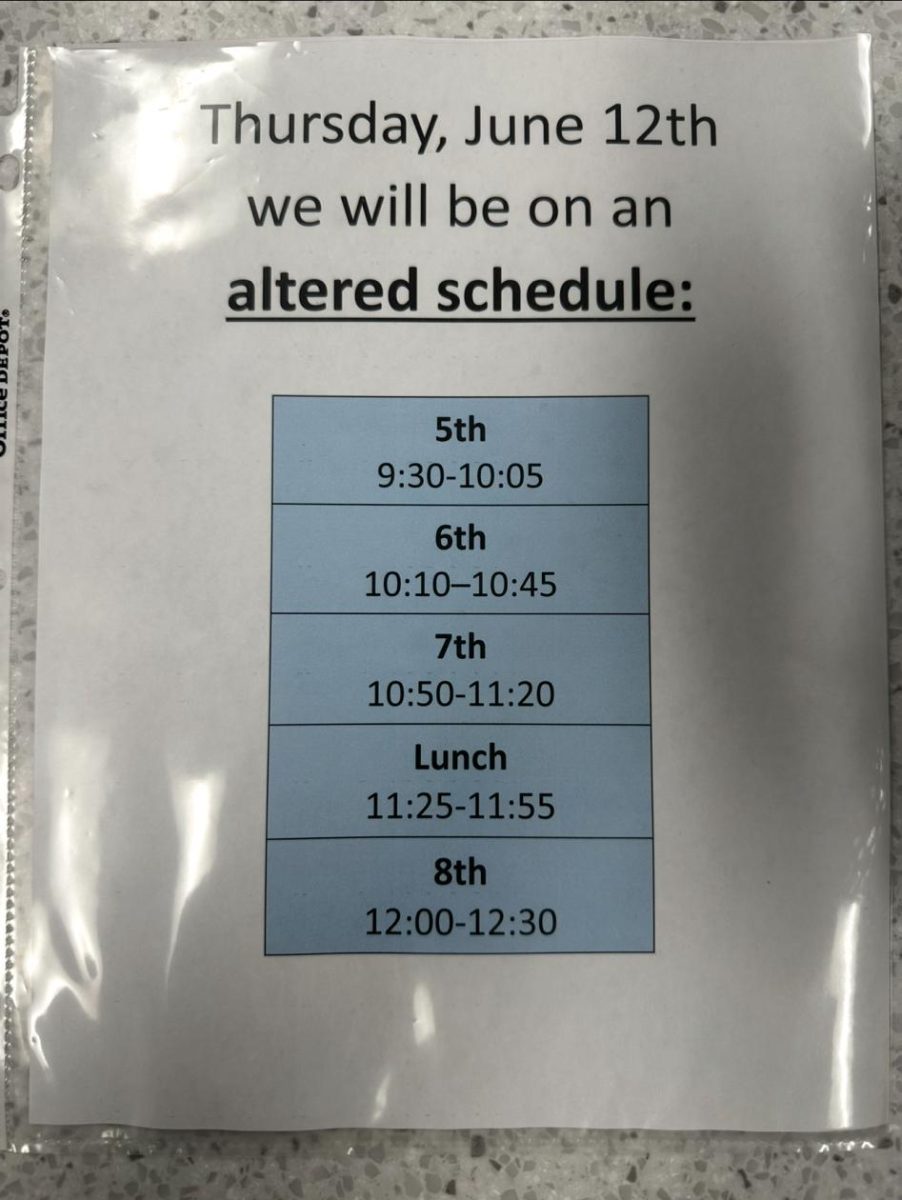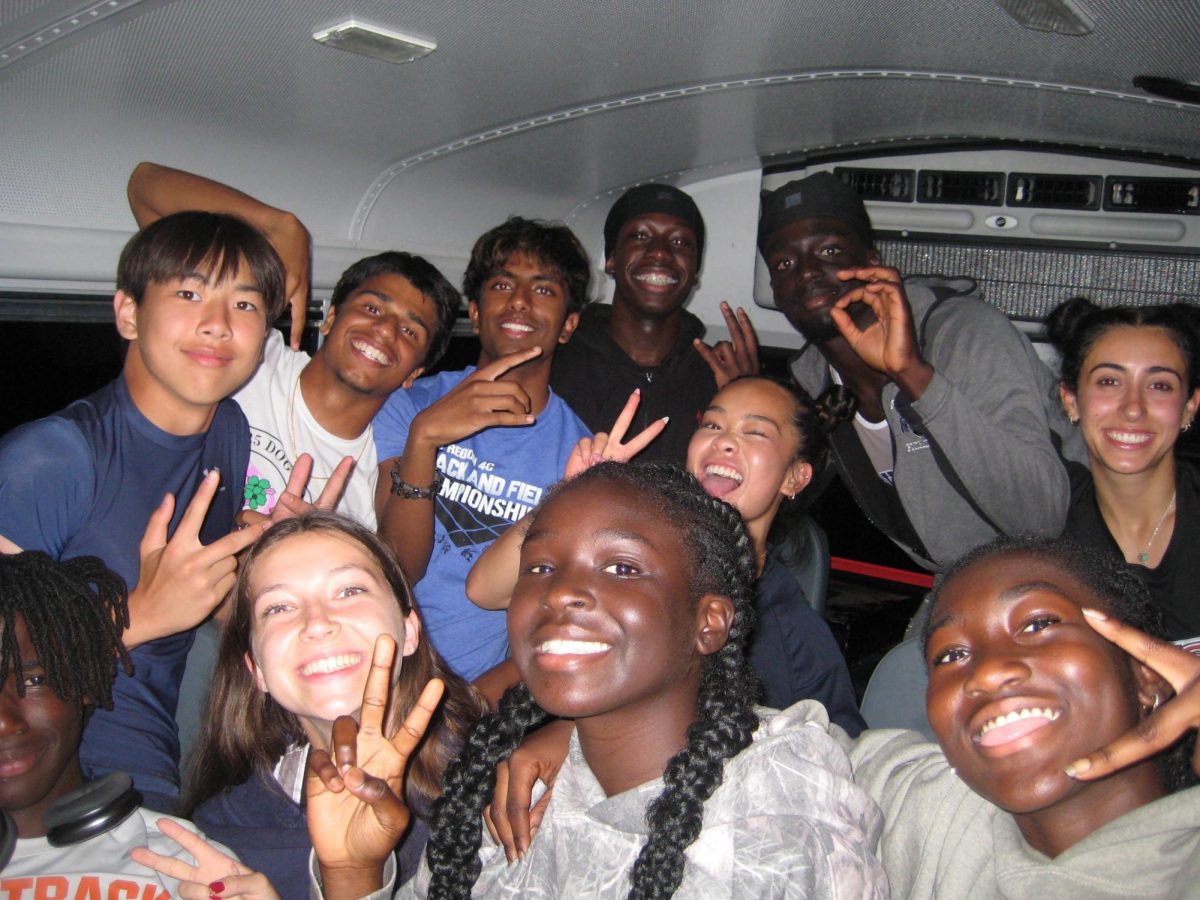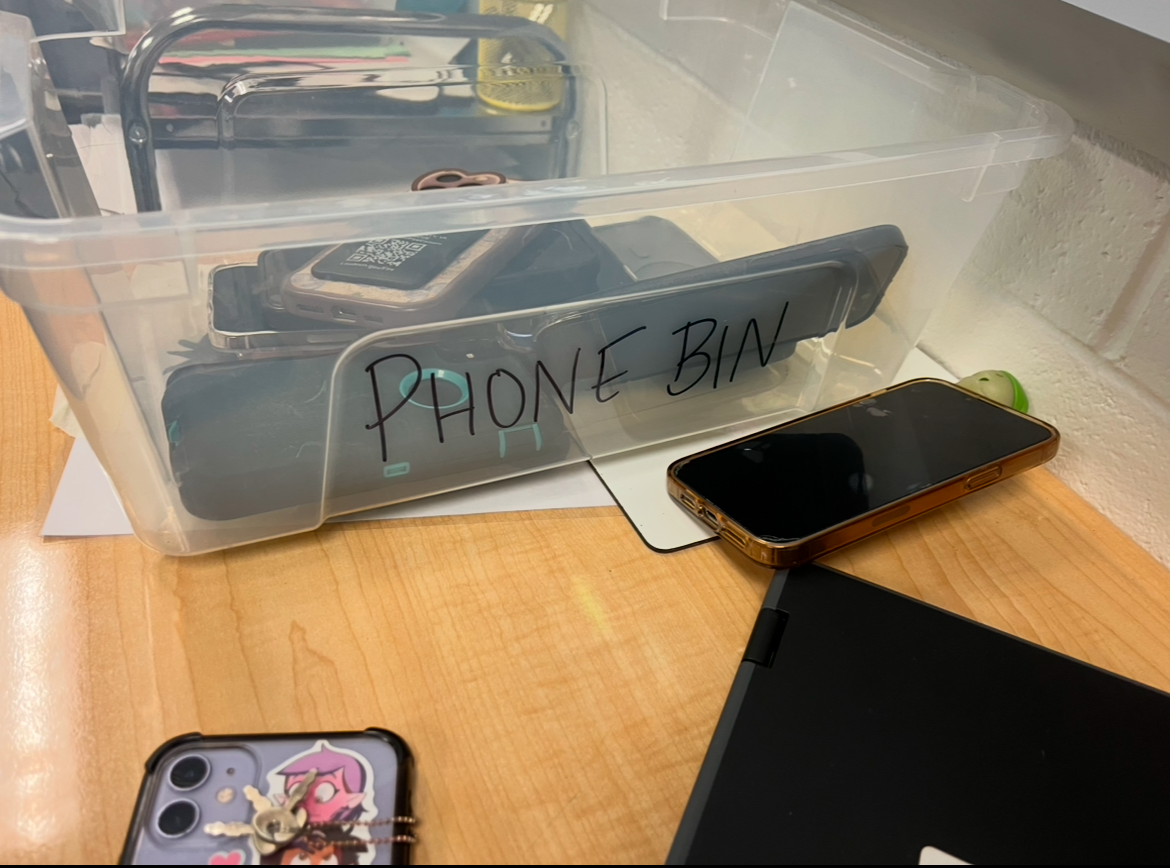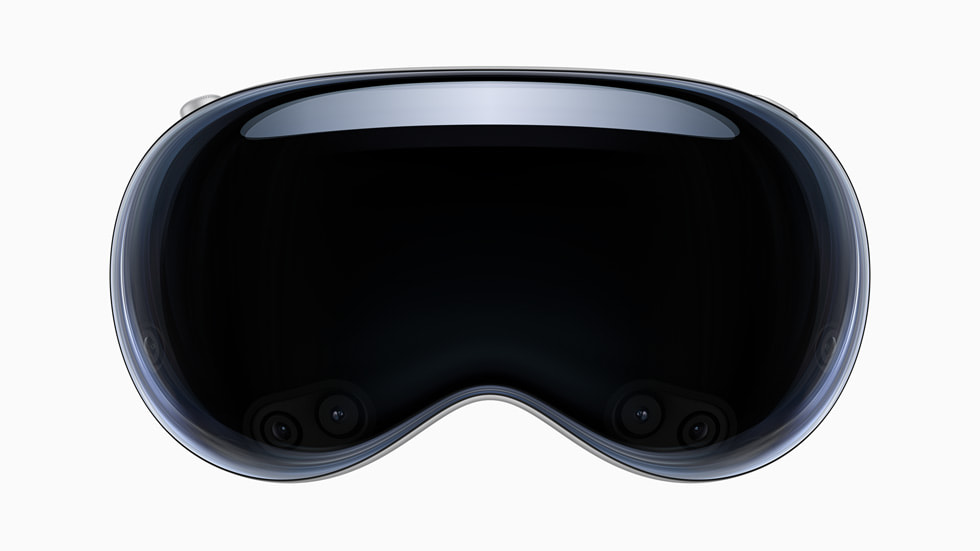As technology advances, history was made with Neuralink’s first brain chip implant. Founded by Elon Musk in 2017, Neuralink strives to develop brain-computer interfaces, building for the future.
A brain-computer interface (BCI) is a system that recruits and analyzes brain signals, transforming them into external commands. Most BCIs are used for individuals who experience paralysis so that they can control external devices with their thoughts instead of a hands-on interaction.
In an interview conducted by CNN’s Chief Medical Correspondent, Dr. Sanjay Gupta, he interviews a man known as Mark, one of the few people in the world with a brain-computer interface.
“My disease affects the physical, but not the mind, and to me, this gives me the ability to continue to do things just by thinking about it,” Mark said. “I would describe it as contracting and relaxing my brain.”
Neuralink was founded by Elon Musk and seven other scientists/engineers who specialize in biochemistry, neuroscience, and robotics with a mission to improve BCI technology. With approval from the FDA for human trials, Neuralink’s study has a purpose to test the BCI’s effectiveness and safety when implanted into the brain.

(Athulya Pujala)
“We are looking for individuals who have quadriplegia (limited function in all 4 limbs) due to spinal cord injury or amyotrophic lateral sclerosis (ALS) and are at least 1-year post-injury (without improvement),” the study brochure released by Neuralink said, “are at least 22 years old and have a reliable caretaker.”
The study incorporates three major pieces of technology: the N1 implant (the BCI technology), the R1 surgical robot, and the N1 User App. The R1 surgical robot embeds the threads of the N1 implant into the brain. After the chip is implanted, the app (N1 User App) decodes the brain signals to help individuals control a device with their thoughts.
“Once surgically placed, the N1 implant is cosmetically invisible,” Neuralink said. “The N1 implant records neural activity through 1024 electrodes distributed across 64 threads, each thinner than a human hair.”
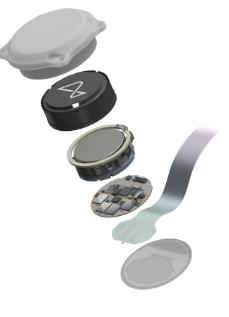
(Athulya Pujala)
With their first implant into a human brain, the concern for the well-being of the individuals who participated in the study increased. Studies have shown that BCIs pose risks of infections, rejection, and physical damage to the brain. Not a lot of information was released about the patient in Neuralink’s trial, except for a statement posted on Elon Musk’s personal X account.
“The first human received an implant from Neuralink yesterday and is recovering well,” Musk said. “Initial results show a promising neuron spike.”
To ensure the safety of the volunteers for its study, Neuralink went through many difficult trials on animals and in various chemical environments. This included implanting the chip into the brains of monkeys and submerging the chip into various chemical substances to prepare the chip for implantation into a human brain.
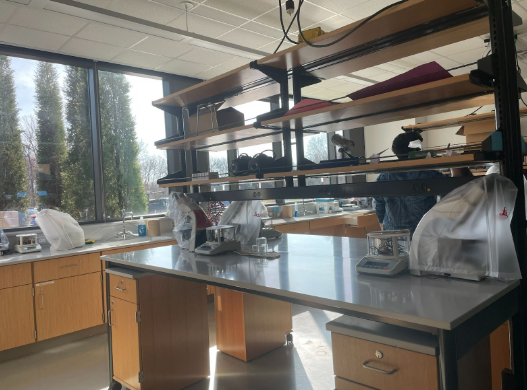
(Sanjana Tanguturi)
In a video interview conducted by Nuera Pod host, Ryan Tanaka, he talks to James Delma about Neuralink’s newest brain chip. “The body can be a very harsh chemical environment,” Delma said. “When implanted, the body can then do two things, degrade the device really quickly or have a severe immune reaction to both of which we do not want.”
In the meantime, with Neuralink making headlines everywhere, many public figures have their own thoughts to share about this new development.
In an exclusive interview conducted by Tucker Carlson, he interviews Russian President Vladimir Putin on global issues. “There are reports that Elon Musk has already implanted a chip into a human brain in the USA,” Russian President Putin said. He then continues to say, “Well, I think there’s no stopping Elon Musk, as he will do as he sees fit.”


